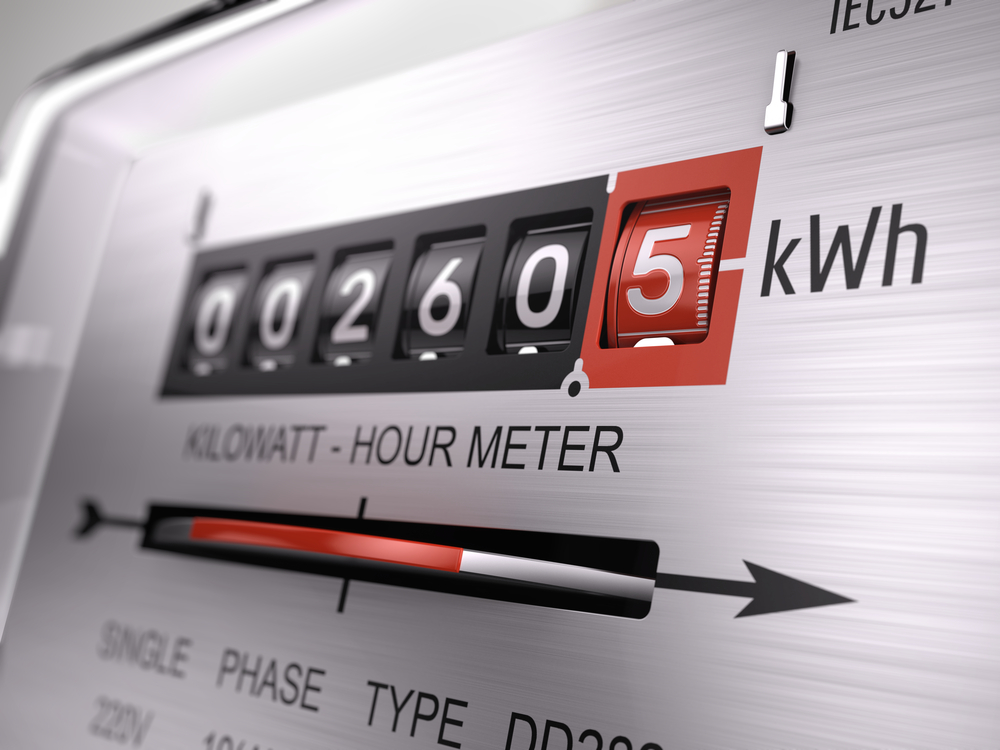
Many consumers like to have a detailed understanding of a given product or system before they invest in it, and a great example here is the realm of solar panels and solar power. In particular, many prospective solar panel clients wonder about metrics like kilowatts and kilowatt hours, which are some of the primary ones used to measure energy in the solar world.
At Intermountain Wind & Solar, we're happy to detail these and other technical specifics of any of our residential and commercial solar panel services throughout Utah and Idaho. What are kilowatts and kilowatt hours, why do they matter in solar energy, and what else do you need to know here? Let's dive in!
Let's start with some simple terms that break down the way energy is measured:
So why are all these terms important in the realm of solar power? Well, watts and kilowatts are helpful for measuring the amount of electricity a given solar panel or system can produce. The higher its wattage rating, the more efficient it will be - and correspondingly, the more kWh it will create over time.
Kilowatt-hours matter because they tell you exactly how much electricity you're pulling from the sun. If your solar system creates a kWh of energy and you use this to power 100-watt bulbs for 10 hours, then that's exactly what you have - 1kWh used in total. Knowing this helps you get an exact sense of your own energy production and consumption and plan accordingly.
For larger commercial solar power systems, megawatt-hours are used to measure energy produced and consumed on a more global level.
Across many industries, not just solar, energy is typically priced in terms of kilowatt-hours. This means you're charged for the total amount of electricity you take from the grid - and as such, solar power can be a great way to reduce your monthly bills since it puts free energy back into the system.
And finally, while solar power may be the most common context where you'll see these metrics appear, they're also used in other areas. The same kWh metrics can often be found on your household electricity bill, for instance - and watts and kilowatts are commonly used to measure the amount of energy coming from wind turbines or other forms of renewable energy.
You may also find watt-hours and kilowatt-hours appearing on the labels of household batteries, letting you know how much energy they can store.
Ultimately, understanding the relationship between these three key measures - watts, watt-hours, and kilowatt-hours - is essential to making informed decisions about your own solar power system or other form of renewable energy. With this knowledge in hand, you can start to get a better sense of exactly how much energy you're producing and consuming - and decide whether solar power is the right choice for you.
For more here, or to learn about any of our solar panel solutions for Idaho and Utah, speak to the pros at Intermountain Wind & Solar today.





"All of the photos on this website are of real projects that Intermountain Wind & Solar has designed and installed.
We are proud to show off and stand behind our work."